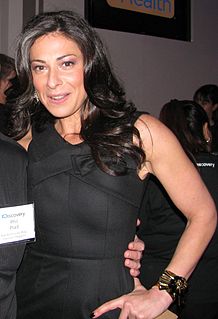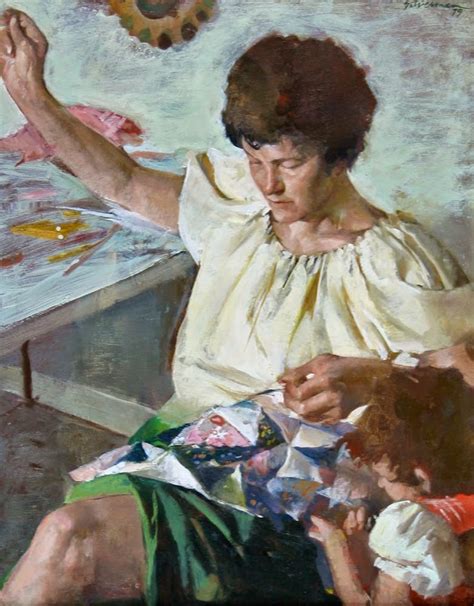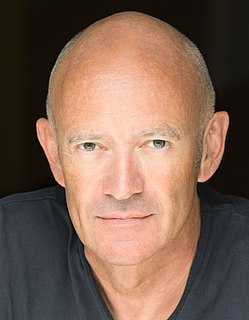A Quote by Kehinde Wiley
What it is is a type of editorialization, you know? This is self-portraiture. This is what you think about the world we live in.
Related Quotes
I think what's really interesting and useful about this question is that ultimately all art is a type of self-portraiture. And so in the act of identifying yourself, you're using others to get to that point. And so you're parsing out different aspects of different people in the world. You're choosing not only from America but increasingly globally different aspects of what's out there.
You start with a generic body, but I think the first wall you hit with portraiture is comprised of history and storytelling and the nature of characters - whether they are historical or coming from literature or documentation. Those are the references we have to people, besides your family, and the intimacy of portraiture is in the specifics of individuals. For me, it came out of doing things about animals.
I think, for me specifically when it comes to music, I don't think that I need any persuading to think about it. It's always kind of in the back of your mind and - but I think it's part of who I am and always will be, I mean, in a very cellular way. When you grow up doing, you know, one thing, I think you get to this place where you want to try new things. And I do think that we live in the type of world where people get comfortable with you in one way, and so seeing you in a different way, it takes some time.
The idea that somehow "no self, no problem"- I don't exist because I don't have a self- would be a mistaken understanding. However, the selflessness teaching is not that hard to understand. What it means is a type of self that people feel they have, like a fixed, unchanging identity. Either they know they have it, or for some, they feel they need to seek it, and possibly have an experience where they feel like they found something. That type of fixed, unchanging, essential self, or absolute self doesn't exist. That's what "no self" means.
This one question-'What do I know for certain?'-is tremendously powerful. When you look deeply into this question, it actually destroys your world. It destroys your whole sense of self, and it's meant to. You come to see that everything you think you know about yourself, everything you think you know about the world, is based on assumptions, beliefs, and opinions-things that you believe because you were taught or told they were true. Until we start to see these false perceptions for what they really are, consciousness will be imprisoned within the dream state.






































